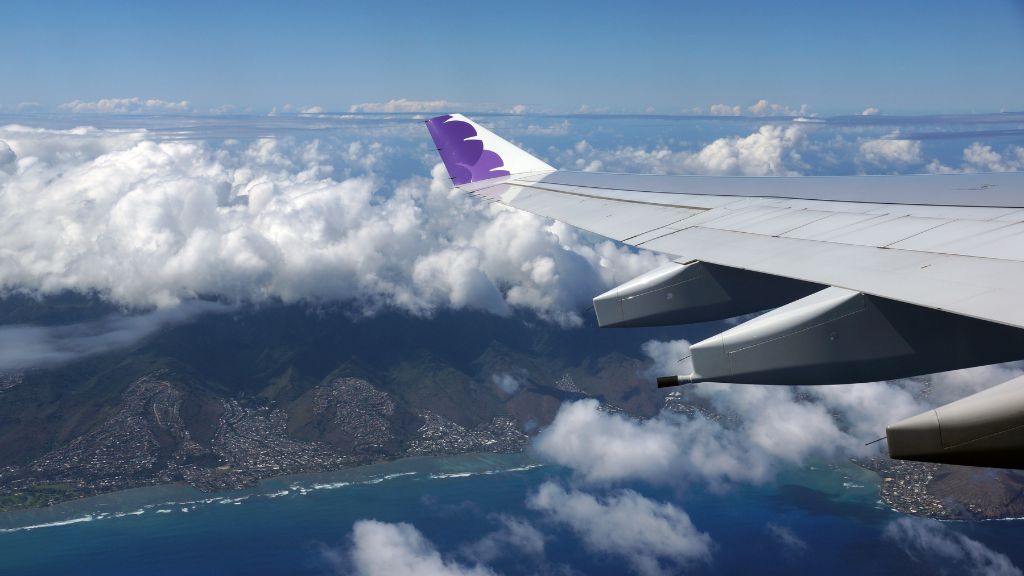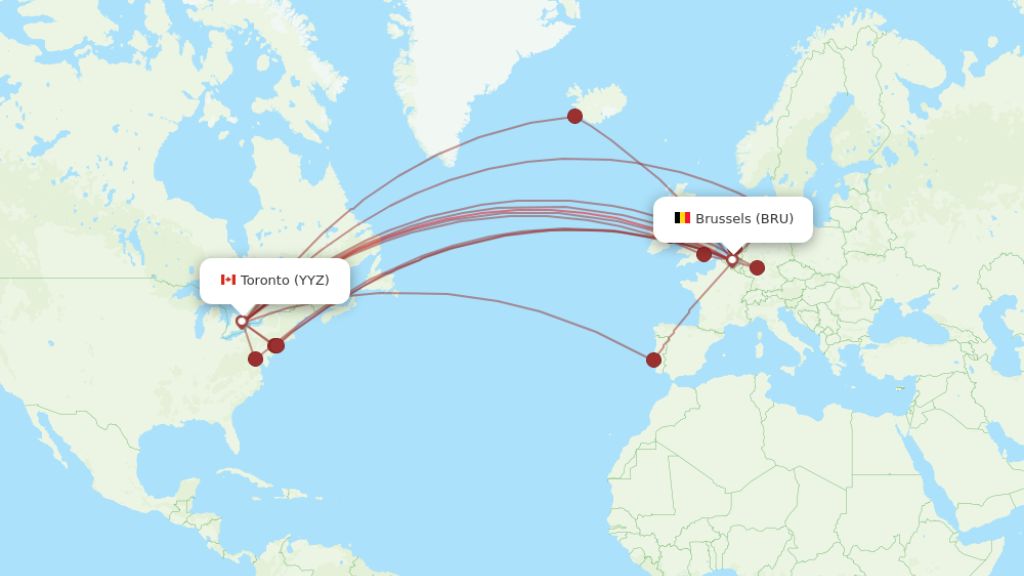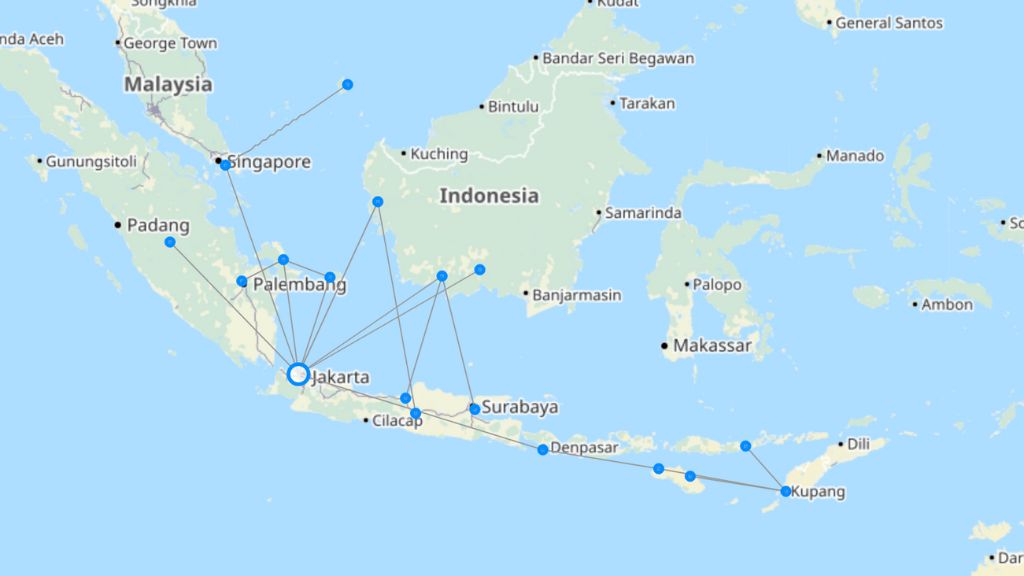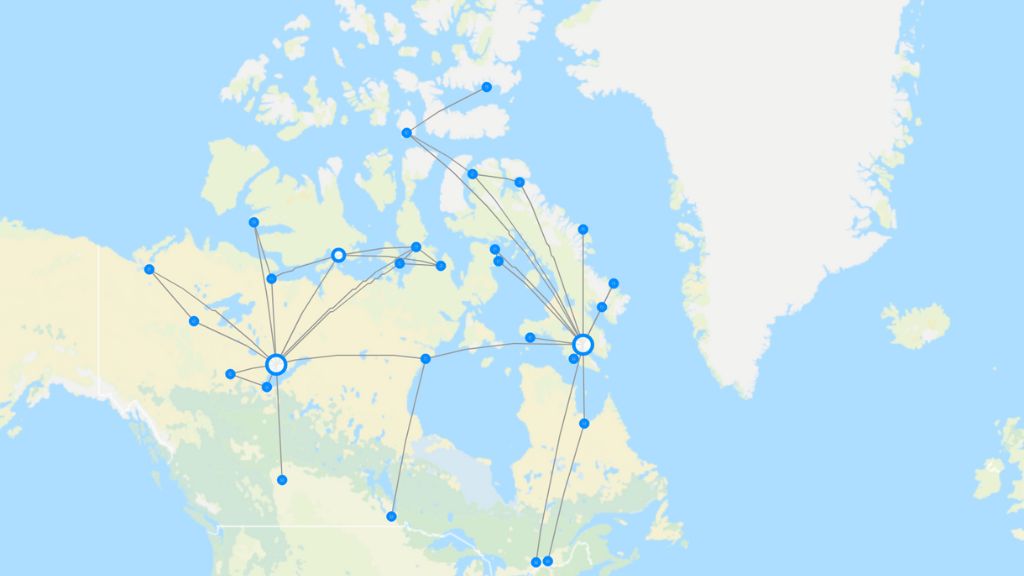Everything you need to know about connecting flights
What is a connecting flight, what guarantees do I have and what happens to my luggage if I choose to fly with stops? In this article you get all the answers you need about transit flying.
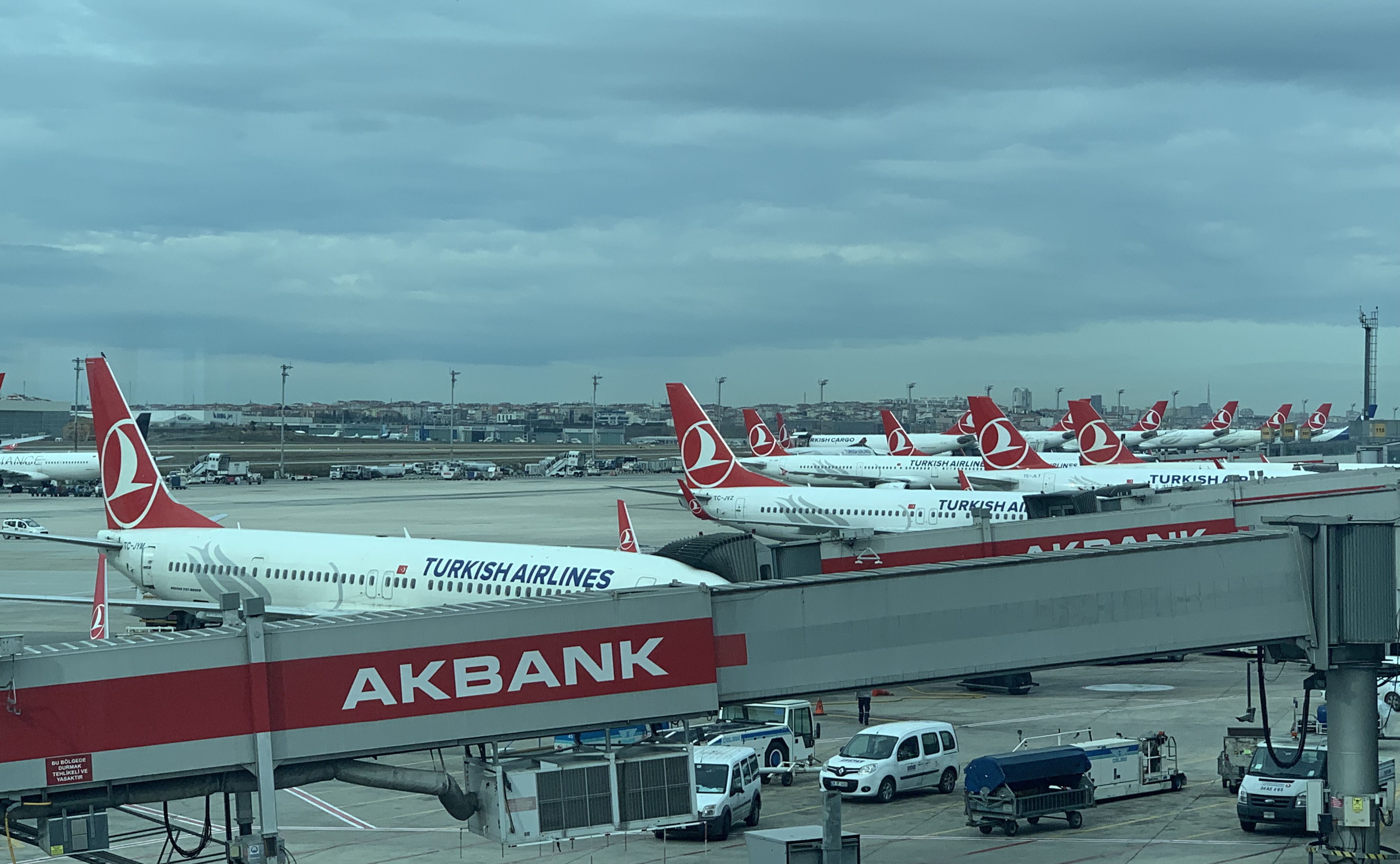
What is a connecting flight?
A connecting flight, also known as a transit flight, means that you reach your final destination through two or more flights. In other words you will land at least once during your flight and change aircraft. This might mean that you need to move between terminals at the connecting airport, or re-check your luggage.
What is Minimum Connecting Time (MCT)?
MCT is the time required to transfer passengers and their luggage from one flight to another connecting flight. Exactly how many minutes (or hours) this can be varies between different circumstances, for example if it is an international flight or a domestic one.
If your connecting flights are on separate tickets, the first airline is not obligated to transfer your luggage to the connecting flight. For this reason it is important to give yourself a little extra time between flights if you chose to book your flights separately.
What happens with my luggage if I fly with connecting flights?
If you choose connecting flights, as opposed to flying non-stop, it is sometimes necessary for you to re-check your luggage. This can be the case if you are flying with two airlines that don’t have an interline agreement, or if the connecting country has a requirement to pass customs before boarding. When you buy a single ticket for both flights, you can normally count on your luggage being forwarded to your final destination without the need to re-check it.
The easiest way to find out if you need to re-check your luggage or not is to look at the label at the check-in counter. If your luggage is tagged with your final destination, no re-checking is necessary. If the tag says your intermediate destination, you will need to re-check there. You can also ask the airport staff when checking in your luggage if you need to collect your luggage or not.
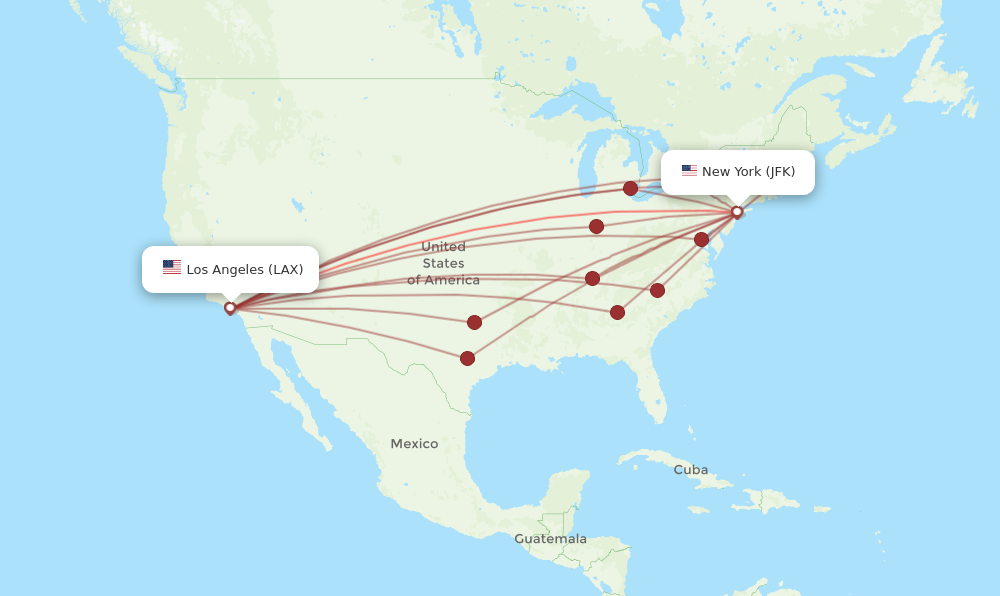
What about if I miss my connecting flight?
Are you worried about missing your second flight when choosing to fly with stops? Then you are not the only one – in fact this is probably a big reason why many people avoid this option. If you do happen to miss your flight, there are some things that are good to know.
First of all, your situation is affected by how your flights are booked. Here you find three different options – you have either chosen connecting flights with the same airline, connecting flights with different airlines or connecting flights with codeshare. A codeshare agreement means that cooperating airlines are able to sell seats on each other’s flights.
If you are flying with a single airline (or have chosen a connecting flight with different airlines booked on the same ticket), they are normally obligated to provide you with a seat on the next available flight. This is usually done free of charge. If the next flight is not until the following day, you should be provided with accommodation and meals during your waiting time. Remember that these rules only apply if you missed the flight due to circumstances outside your control (meaning it is not the airline's fault if you fell asleep in the waiting lounge…). These rules also apply with a codeshare flight – only a little more complicated. If you miss your flight, you should turn to the airline where you booked your flight for help. Though, if you are interested in flight compensation this usually is provided by the airline operating the flight.
If you have booked your flights separately with different airlines, unfortunately there is no responsibility to be held on either airline if you miss your connecting flight. The same rules normally apply no matter if you have booked your flight through a traveling agency or directly from the airline.









